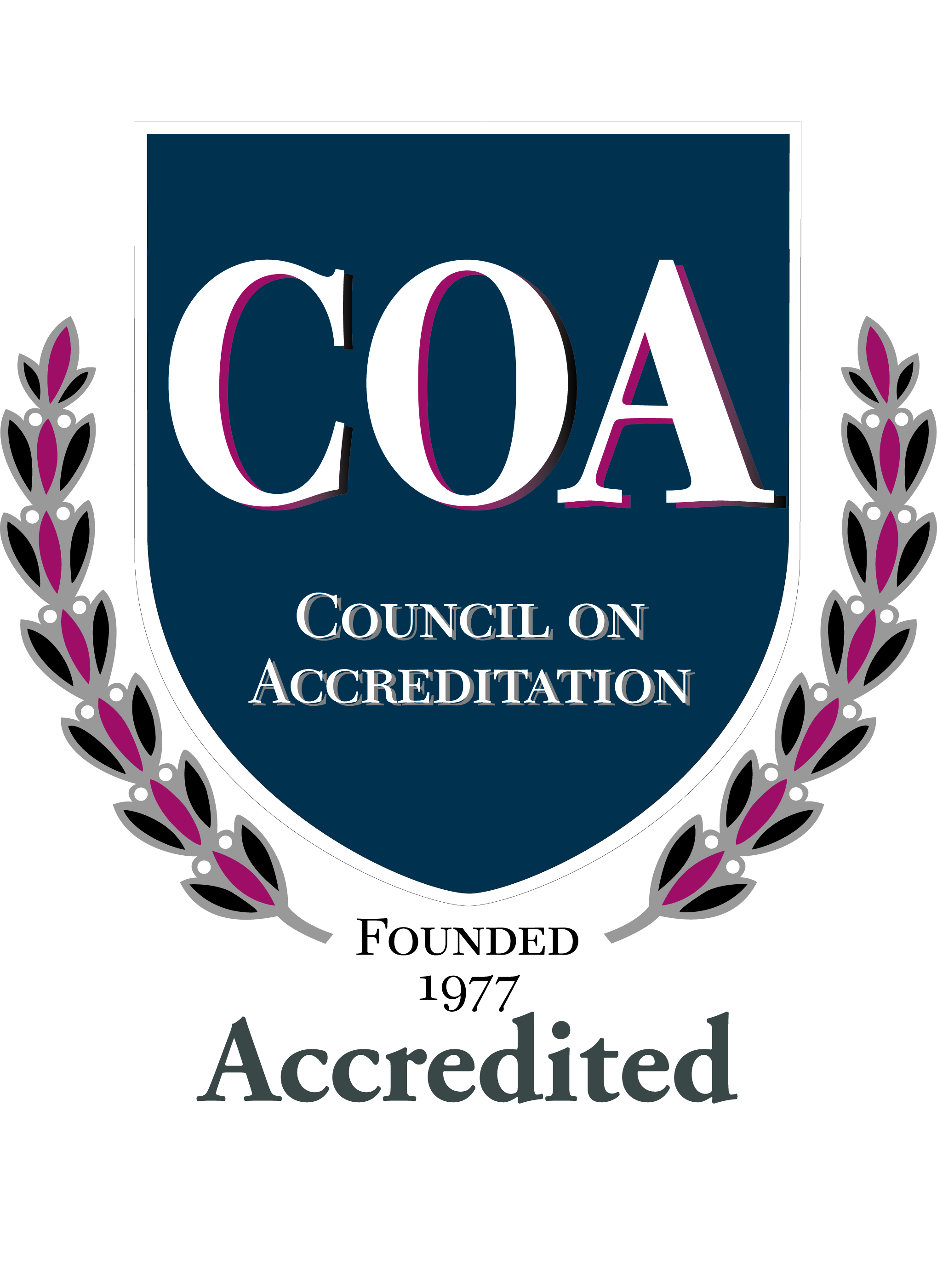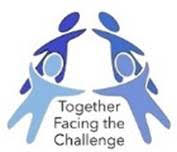A brief guide to the advantages of having a will.
Why do some people neglect to have wills drafted? Some of the blame can be placed simply upon neglect itself or procrastination. Unfortunately, too many people say they really don’t need to have wills. They are misinformed. Anyone with property who wants to decide who gets that property after death needs to have a will.
What are some of these people without wills saying?
• “I don’t have enough assets to need a will.”
False. Anyone with property—who cares about who will receive that property—needs a will. Without a will, the state will decide (generally in a matter somewhat different from the way the person would have decided).
• “I’m too young to need a will.”
False. Accidents do happen.
• “Everything is in joint ownership.”
Joint tenancy with right of survivorship (sometimes abbreviated as JTWROS) has its pros and cons. True, it will pass property to a surviving spouse, without the necessity of probate, but what happens if there is no surviving spouse? It won’t help pass the property to children, grandchildren, or others in a situation where the husband and wife die at the same time.
A simple will can be easily drafted by an attorney, often for a few hundred dollars. Rather than having state law decide who receives your property, a will can decide. It can also save hundreds or even thousands of dollars in future unnecessary expenses.
WHAT CAN A WILL ACCOMPLISH?
Here are seven reasons why you need to have a will:
1. First and foremost, a will decides who receives your property after your death. If you die without a will, the state laws of intestacy (dying without a will) will decide instead. As an example, suppose you are married and have two children. You probably want your surviving spouse to receive all or most of your property at the time of death. Without a will, your state’s intestacy laws may decide that your surviving spouse will only receive one-third, with each of your children also receiving one-third. Moreover, who will receive your works of art, jewelry, or other items of special importance? You may want your niece and nephew to receive them. Without a will, the state may give them to others.
2. A will can save unnecessary expenses. For example, as a general rule your executor need not post bond if your will so declares. Your executor may also be given the discretion to do many things without a court order every time; this, of course, saves your estate money.
3. A will can save taxes. The impact of estate taxes, as well as future income taxes for your beneficiaries, can often be diminished through the use of appropriate estate planning arrangements. With estate taxes taking approximately 40% to 50% o of many taxable estates, a carefully drafted will is crucial.
4. Trusts can be created both to minimize taxes and to provide financial management for your beneficiaries. Often, a parent does not want to see a child receive significant assets at a young age. A trust could provide for the child to receive only a reasonable amount from the trust until a later age or ages. Thus, the child cannot waste all the assets on expensive cars or excessive travel at an early age.
5. A guardian can be named to care for your minor children and their assets.
6. Appropriate individuals and/or a bank trust department can be named to serve as an executor and/or trustee. The executor must handle a number of important functions in the first year or so after an individual’s death. This includes such items as gathering the assets, administering the estate, paying taxes, and, finally, distributing the assets to those named in the will. A trustee may be named to administer a trust created in the will. The trustee’s functions commence upon the trust’s receipt of assets from the executor. A trust will typically last for a set number of years or until a beneficiary reaches a certain age and dies.
7. Worthy charitable institutions and organizations can be named in your will. Such bequests will be eligible for the estate tax charitable deduction, possibly saving your estate significant taxes. We hope that you will consider us as a possible beneficiary in your estate plans. We would be pleased to provide you with additional information at no obligation.
COMMON QUESTIONS AND ANSWERS ABOUT WILLS
Q. How can I even begin to list all of my assets in a will to make sure that I distribute everything I own?
A. You don’t have to. Typically, after you have made specific bequests or gifts to various people and/or nonprofits, a “residuary clause” will take care of the rest of your property. It might read, “All the rest, residue, and remainder of my property, both real and personal, tangible and intangible, that I might own at the time of my death, I give, devise, and bequeath to…”
Q. Do I really need an attorney to draft my will?
A. Yes, we recommend that you consult with a knowledgeable estate planning attorney. While a will does not have to be written by an attorney to be valid, why take chances on having an invalid will by trying to write one yourself? Even if you do write a valid will, chances are that it will not cover as many contingencies or address as many prospective tax problems as the will that your attorney would have written.
Q. How do I find an attorney to draft my will?
A. Attorneys specialize in particular areas of the law just as physicians specialize in particular areas of medicine. Often, a friend or relative can refer you to an estate planning attorney to draft a will. An accountant, bank officer, life insurance agent, or financial planner can also give you the names of good estate planning attorneys. Referral services sponsored by local or state bar associations are also helpful; they can refer you to an attorney with an estate planning practice.
A FINAL THOUGHT
We hope that this wepage has been helpful to you. The information is necessarily general in nature; you should contact your own attorney on how it relates to your specific situation. We would be pleased to provide you with additional information on how planned giving can be of benefit in your overall estate plan.
Copyright 2000-2016 by Calder P. Sinclair. All rights reserved. This information is designed to provide accurate and authoritative information in regard to the subject matter covered. It is provided with the understanding that neither the author nor the publisher is engaged in rendering legal, accounting, or other professional services. If legal advice or other expert assistance is required, the services of a competent professional person should be sought.



